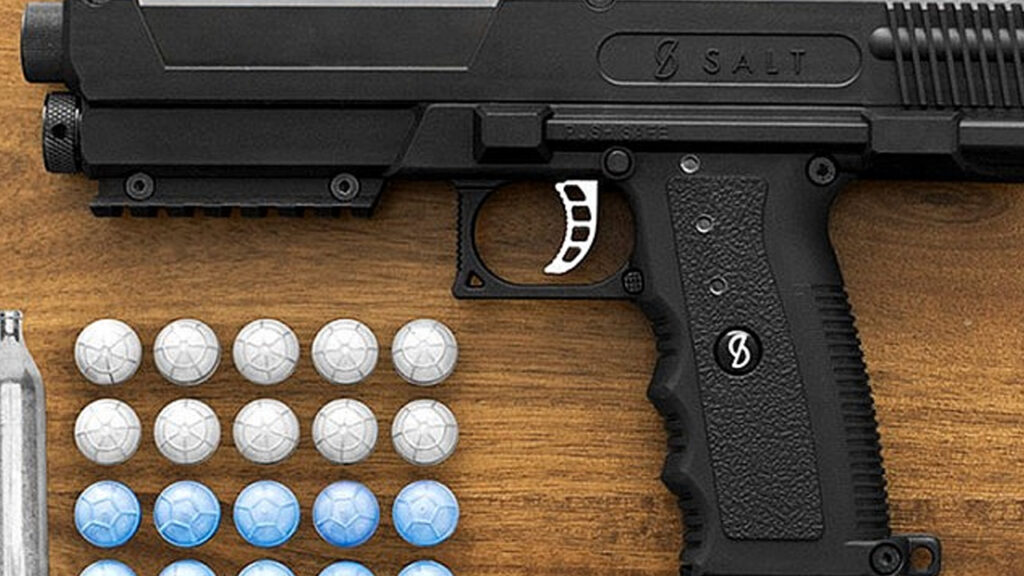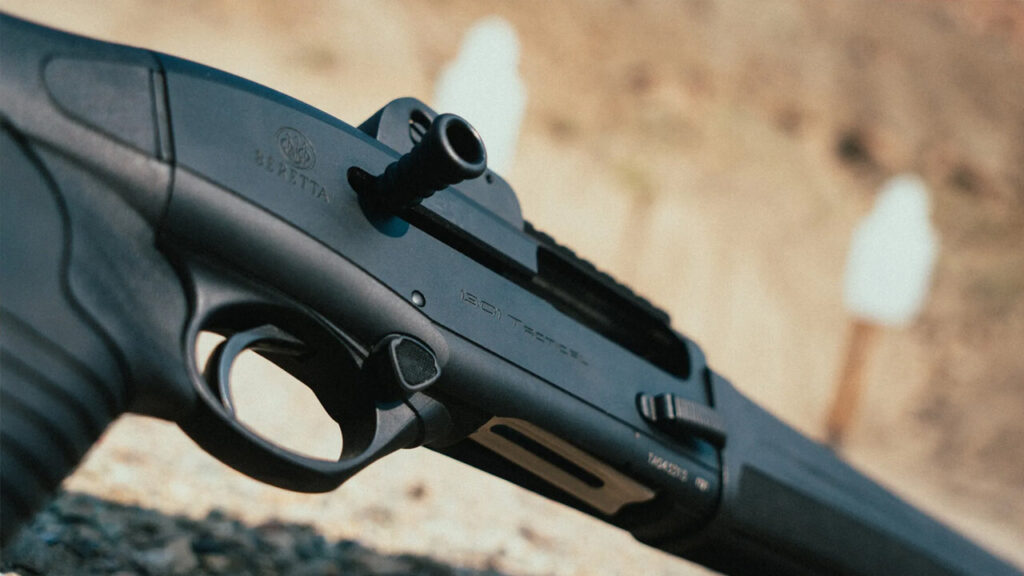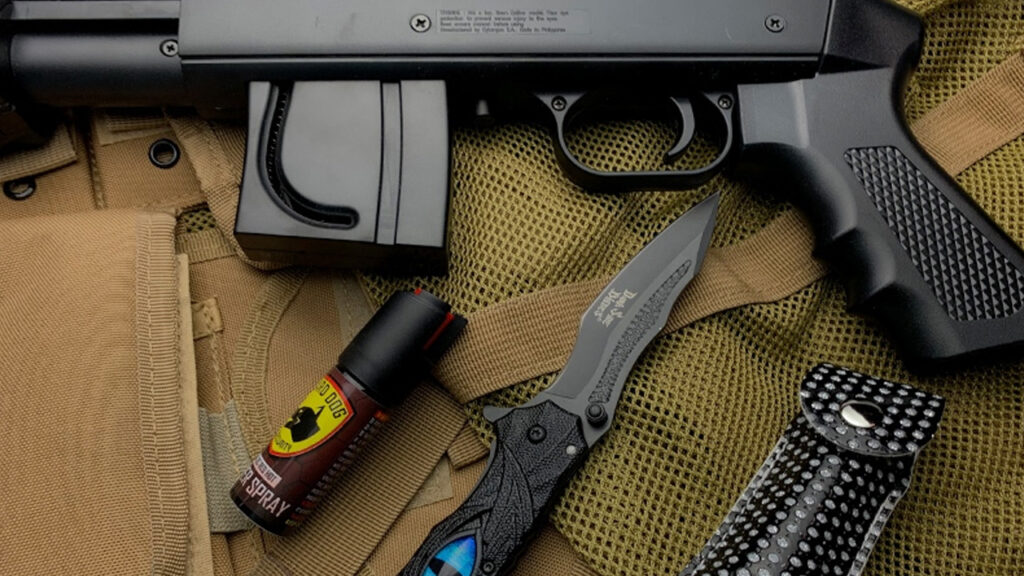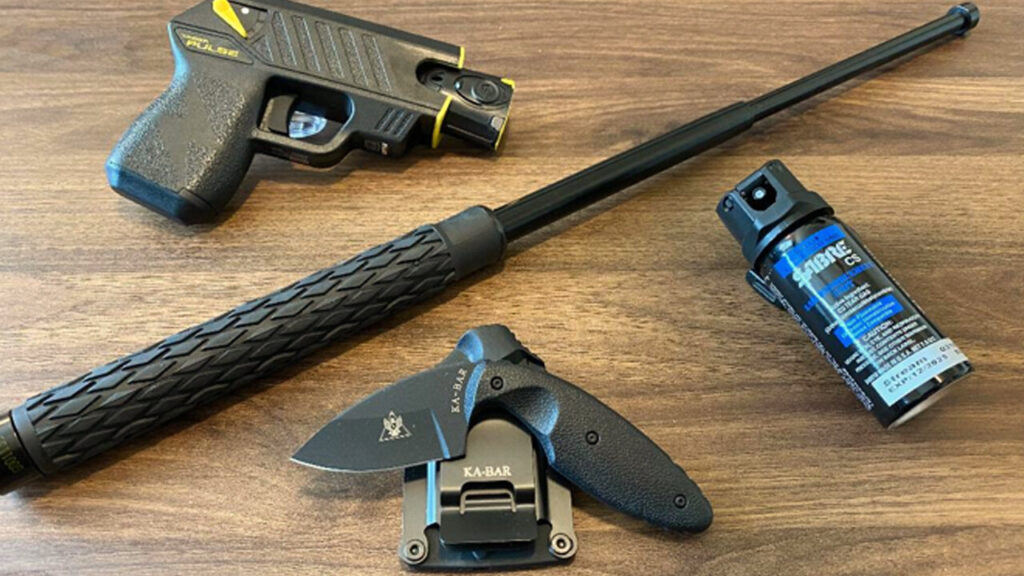Выбор для ставок пин ап казино и знакомство с правилами сайта
Рынок азартных развлечений стремительно растет, запускаются новые клубы, предлагающие огромный ассортимент игр и акций для гемблеров. Каждое заведение хочет выделиться

In today’s world, self-defense weapons play a vital role in personal safety and security. These tools encompass a range of devices designed to protect individuals from harm in threatening situations. From pepper spray to tasers, weapons for self-defense provide a means for people to defend themselves when faced with danger. The importance of self-defense awareness cannot be overstated, as it empowers individuals to recognize potential risks and take proactive measures to stay safe. By understanding the definition of Self-Defense Weapons and being aware of their significance, people can better prepare themselves to navigate uncertain circumstances and protect themselves and others from harm.
Self-defense weapons come in various types, providing individuals with options to protect themselves in different situations. Non-lethal options are favored for their ability to incapacitate without causing permanent harm. Pepper spray, a popular choice, temporarily disables attackers by causing intense irritation to the eyes and skin. Tasers and stun guns deliver electric shocks, immobilizing assailants temporarily. Personal alarms, though not directly harmful, emit loud sounds to attract attention and deter potential attackers. On the other hand, lethal options, while more serious, are sometimes deemed necessary for self-defense. Firearms offer powerful protection but require extensive training and strict adherence to safety protocols. Knives are versatile tools that can be used defensively but require skill and caution. Batons, typically carried by law enforcement, can also be wielded for self-defense in certain situations, but their use may be subject to legal restrictions. Each type of Self-Defense Weapons has its advantages and disadvantages, and individuals should carefully assess their needs and abilities before choosing the right option for them.

When selecting a self-defense weapon, several important factors should be taken into account to ensure its suitability and legality. Firstly, legal considerations are paramount, as laws regarding the possession and use of self-defense weapons vary by jurisdiction. Understanding these regulations is essential to avoid legal repercussions. Additionally, ease of use is crucial, especially in high-stress situations where quick action may be necessary. The effectiveness of the weapon in neutralizing threats should also be assessed, considering factors such as range and stopping power. Portability is another important factor to consider, as individuals may need to carry their chosen weapon discreetly and comfortably. Finally, the level of training required to use the weapon safely and effectively should not be overlooked. Proper training ensures that individuals can confidently and responsibly utilize their chosen self-defense weapon when faced with danger. By carefully considering these factors, individuals can select a self-defense weapon that aligns with their needs, abilities, and legal obligations.

Using self-defense weapons safely and effectively requires adherence to several important guidelines. Firstly, proper handling and storage are essential to prevent accidents and unauthorized access. Weapons should be kept securely locked away when not in use, and individuals should familiarize themselves with the correct handling techniques to minimize the risk of injury. Understanding laws and regulations about weapons for self-defense is equally crucial to avoiding legal consequences. This includes knowledge of where and when the weapon can be carried, as well as any restrictions on its use. Regular maintenance is also important to ensure the weapon functions reliably when needed, including cleaning, lubricating, and inspecting for any signs of damage or wear. Additionally, seeking professional training from qualified instructors is highly recommended to learn how to use the weapon safely and effectively in various situations. Proper training not only enhances proficiency but also instills confidence and promotes responsible usage. By following these guidelines, individuals can maximize the safety and effectiveness of their chosen self-defense weapon.

In addition to physical weapons, there are alternative methods for self-defense that individuals can explore to enhance their safety. Firstly, self-defense classes offer valuable training in techniques such as striking, blocking, and grappling, empowering individuals to defend themselves using their bodies. These classes also provide an opportunity to build confidence and awareness of potential threats. Secondly, improvised weapons can be utilized in emergencies when traditional self-defense tools are not available. Everyday objects such as keys, pens, or even a sturdy umbrella can be repurposed as makeshift weapons to deter attackers. Lastly, mastering de-escalation techniques is an effective strategy for diffusing potentially dangerous situations without resorting to violence. These techniques involve calmly communicating with an aggressor, using verbal and non-verbal cues to reduce tension, and avoiding physical confrontation. By exploring these alternative methods, individuals can develop a comprehensive approach to self-defense that prioritizes safety, awareness, and conflict resolution.

In conclusion, it’s essential to consider several factors when selecting a self-defense weapon, including legality, ease of use, effectiveness, portability, and the level of training required. By understanding these considerations, individuals can make informed choices that align with their needs and legal obligations. Choosing the right self-defense option is paramount, as it can mean the difference between effectively neutralizing a threat and escalating a dangerous situation. Therefore, individuals should prioritize safety and responsibility when selecting and using self-defense weapons. Encouraging self-defense preparedness through education, training, and awareness empowers individuals to protect themselves and others in potentially threatening scenarios. By taking proactive measures and staying informed, individuals can enhance their safety and security in an uncertain world.
Equip Yourself with Advanced Combat: Explore Our Range of Self-Defense Weapons Today
Рынок азартных развлечений стремительно растет, запускаются новые клубы, предлагающие огромный ассортимент игр и акций для гемблеров. Каждое заведение хочет выделиться
Bitcoin Casino Free Spins ֍ Play Btc Which have Totally free Revolves For Register Articles Clean Casino Best Bitcoin Gambling